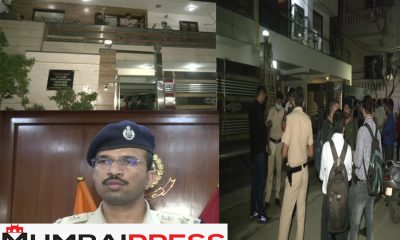Crime
Kerala HC judge files complaint of theft at his residence, police probe on
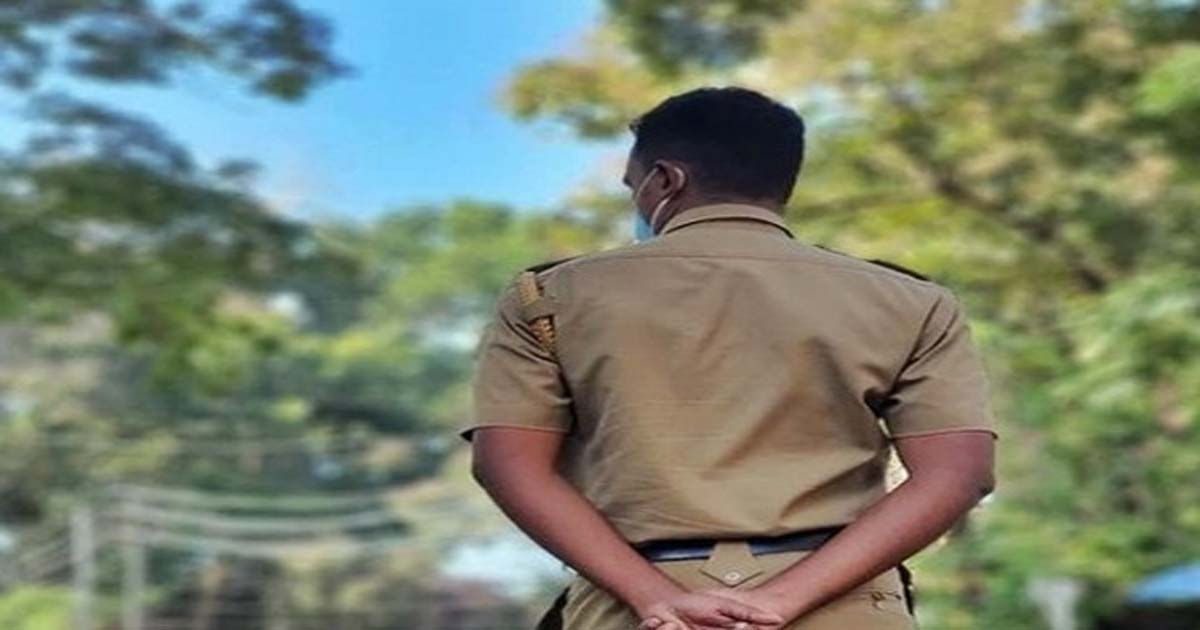
Kochi, 27 June: The Kochi police have received a theft complaint from Kerala High Court Judge, Justice A. Badharudeen, according to officials on Friday, stating that six sovereigns of gold were missing from his residence.
The complaint, which was filed on Thursday, mentions that the gold has been stolen from the judge’s bedroom. The police have registered an FIR under Section BNS 305.
What has surprised many is that the thief has decamped with gold from a high-security guarded house located in the heart of the commercial capital of the state.
The judge registered the complaint with the Kalamassery police under which his residence falls.
After the preliminary probe, the police are now planning to prepare a list of those who need to be spoken to, as this incident occurred in the bedroom of the senior judge.
More details are awaited.
The incident has raised concerns regarding the security situation in the state. The Congress-led UDF has been accusing the state government of failing to curb the crimes.
It has been found that Kerala is a haven for organised gangs hailing from neighbouring states who specialise in robbing homes, and the cases against non-Keralaite thieves are also on the increase.
According to information prepared by the home department, which was placed before the Assembly last year, it showed 192 cases of theft involving non-Keralites were registered in 2021, and the numbers have been steadily increasing. This rose to 360 in 2022.
In 2023, the number increased further to 519, and by September 2024, a total of 307 such cases were registered. But the image of the Kerala Police got a boost when over 1,350 thieves during this period were put behind bars.
However, with regards to the case being registered in the burglary at the home of a judge, the police appear to have a tough job ahead.
Likewise, with other crimes also on the increase, the Ernakulam Police have come out with a directive to landlords who are seeking to rent out their properties. The police have urged the landlords to get a police clearance certificate from the prospective tenants from their local police station where they stayed.
Crime
Karti Chidambaram seeks probe into cough syrup deaths
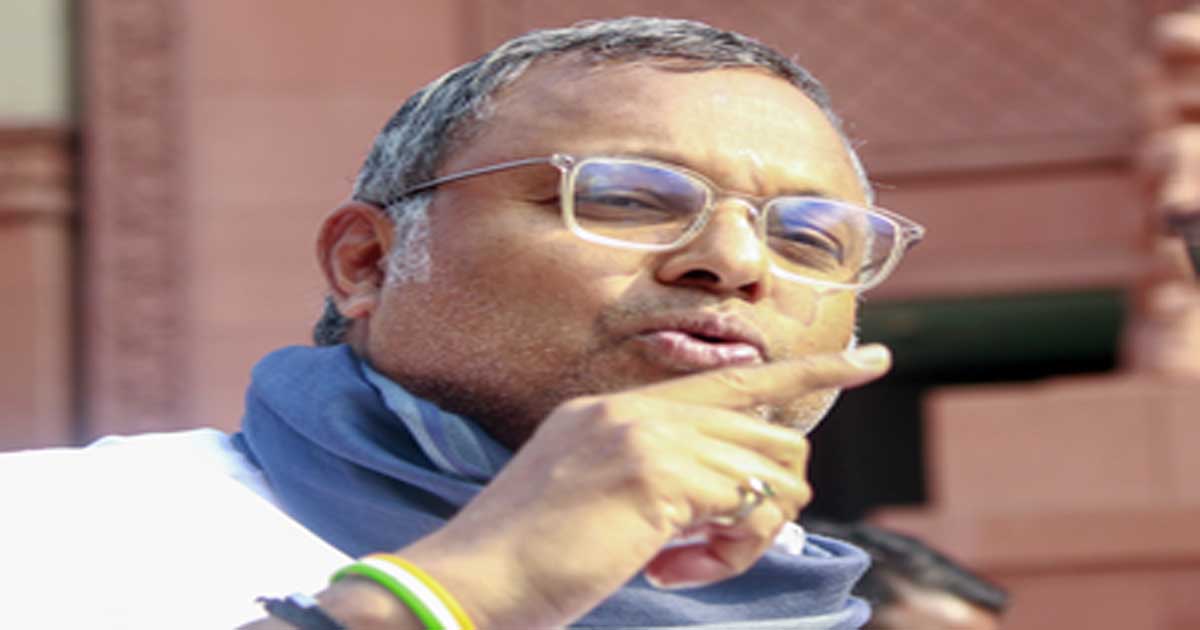
Chennai, Oct 14: Congress MP Karti Chidambaram on Tuesday demanded a comprehensive probe into the deaths of 22 children, allegedly caused by the consumption of a contaminated cough syrup manufactured in Tamil Nadu.
Describing the incident as “an unforgivable public health disaster”, he urged the government to fix accountability at every level and ensure that such negligence never recurs.
In a strongly worded statement, Karti said the government must trace the supply chain of the tainted drugs and identify where the lapses occurred.
“How did the medicine pass the quality test? Were proper quality checks conducted at all? Who certified the product as safe? Every one of these questions must be investigated in detail,” he said.
The Congress MP stressed that the deaths of over 20 children cannot be dismissed as mere statistics. His remarks came amid intensified investigations into Sresan Pharmaceuticals, the Tamil Nadu-based company that manufactured the Coldrif cough syrup linked to the tragedy.
On Monday, the Enforcement Directorate (ED) carried out searches at seven locations across Chennai – including the residence of company owner S. Ranganathan and offices of senior Tamil Nadu Drug Control Department officials – as part of a money laundering probe under the Prevention of Money Laundering Act (PMLA).
The ED’s action follows the arrest of Ranganathan (75) by a Special Investigation Team (SIT) from Madhya Pradesh, with the assistance of Chennai Police, on October 9. He had been absconding since reports of the child deaths in Chhindwara district of Madhya Pradesh surfaced.
Subsequent raids on the company’s Kancheepuram manufacturing facility revealed over 300 safety and regulatory violations, including the use of non-pharmaceutical grade chemicals.
Laboratory analysis in Chennai confirmed that the syrup contained 48.6 per cent diethylene glycol (DEG), a highly-toxic industrial solvent known to cause kidney failure. Officials suspect cost-cutting measures led to the use of substandard ingredients, resulting in the fatal contamination.
Crime
Navi Mumbai News: Anti-Narcotics Cell Seizes 1.3 Kg Ganja Worth ₹1.31 Lakh In CBD Belapur
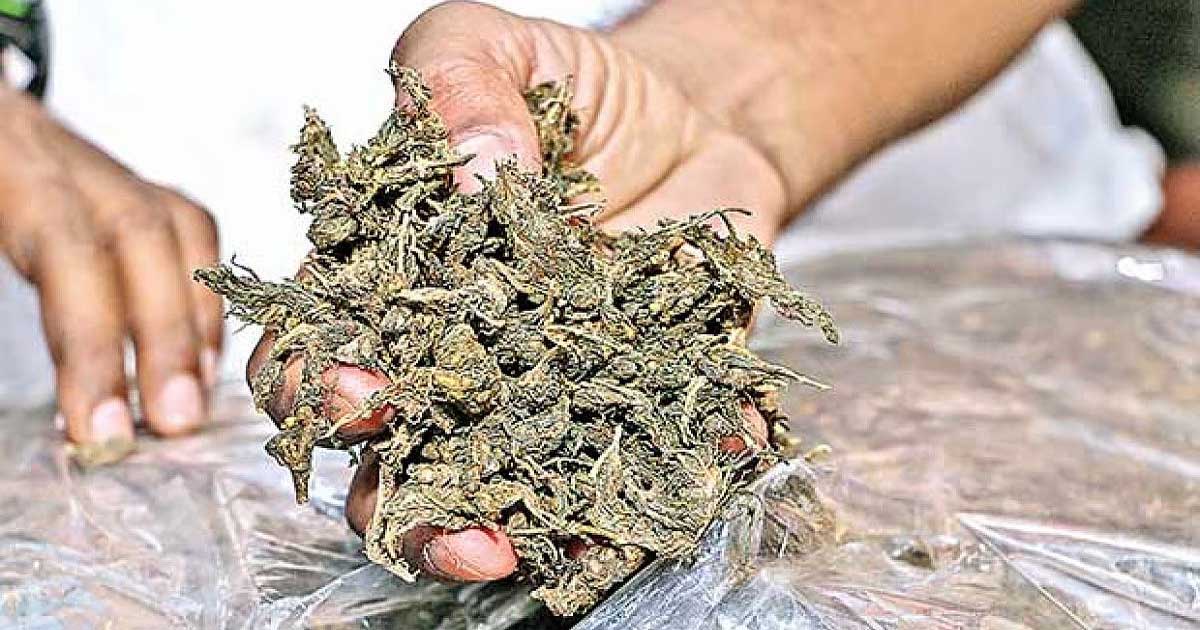
Navi Mumbai: The Navi Mumbai Police’s Anti-Narcotics Cell seized 1.312 kg of ganja worth Rs 1.31 lakh during a raid at Tatanagar slum in CBD Belapur on October 11 evening. Four suspects managed to flee before the raid, while police have registered a case against five people and launched a manhunt.
Acting on a tip-off about illegal ganja sales in Sector 10’s Tatanagar area, the Anti-Narcotics Squad, led by Senior Police Inspector Sandeep Nigade and Assistant Police Inspector Nilesh Dhumal, carried out the operation. On spotting the police, the suspects — identified as Vishal Laxman Ghode, Kisan Laxman Ghode, and Dwarka Ghode — escaped taking advantage of the darkness.
A search of their premises led to the recovery of 1.312 kg of greenish flower and fruit material identified as ganja. The contraband, valued at Rs 1.31 lakh, was seized on the spot. Police investigations further revealed that two women, Dipali Vishal Ghode and Abida Shaikh, had allegedly assisted the accused in the illegal trade.
“All those involved in the sale and distribution of narcotics will be tracked down and dealt with strictly under the law,” said Senior Police Inspector Sandeep Nigade of the Anti-Narcotics Cell.
A case has been registered under Sections 8(c), 20(b)(2)(B), and 29 of the Narcotic Drugs and Psychotropic Substances (NDPS) Act, 1985, along with Section 111 of the Bharatiya Nyaya Sanhita (BNS), 2023, at the CBD Police Station. The Anti-Narcotics Cell has intensified efforts to locate the absconding accused.
Crime
Mumbai: Four Arrested For Cheating, Suicide Abetment In Online Stock Scam Case
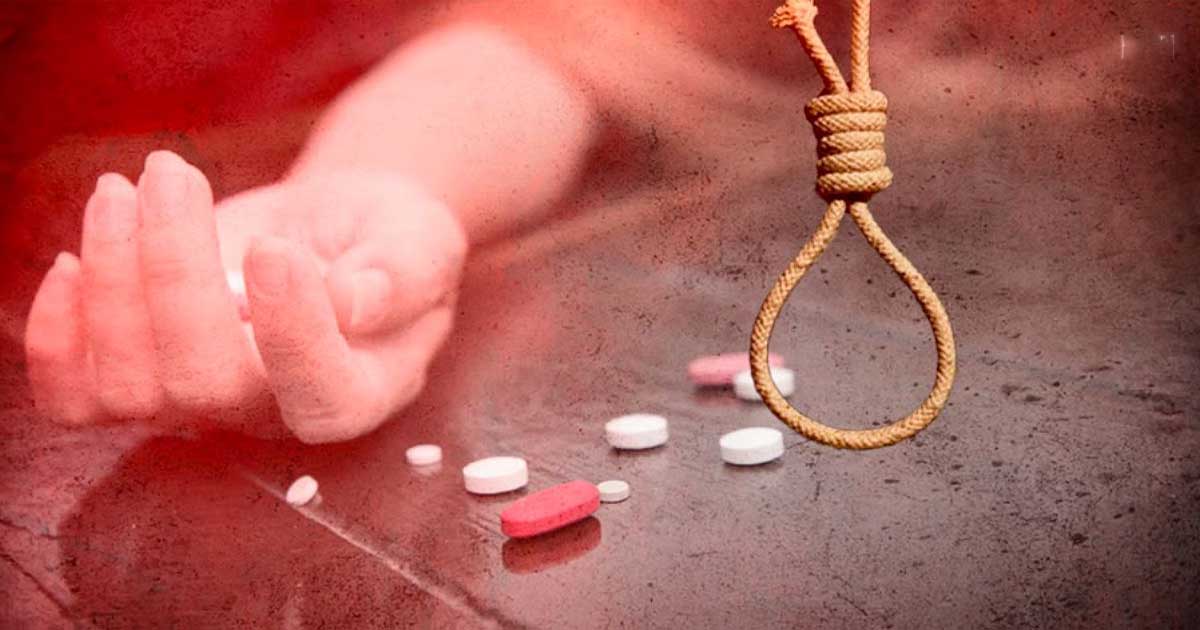
Mumbai: Three months after the death of a 20-year-old youth, who jumped in front of a local train, the Kurla railway police on Saturday booked four people for cheating and suicide abetment. Latest probe findings revealed that Vijay Tete took the extreme step as he was apparently depressed after being cheated of Rs1.8 lakh in an online stock market fraud. Those arrested – Govind Ahirrao, Sunil Kumar Mishra, Aman Abbas and Harjit Sandhu – are accused of receiving the portions of the duped amount in their accounts. The search for the main cyber fraudsters is still on.
On July 17, Tete, a resident of Powai and a final-year student of mass media and graphic designing, was found dead on the tracks between the Ghatkopar and Vikhroli stations. No suicide note was found and a case of accidental death was registered back then. His father works in the Customs department.
According to the police, on July 15, Tete invested Rs1,000 on an online trading site and instantly received a profit of Rs1,000. Encouraged by this, he invested Rs50,000 twice and Rs80,000 once. Two days later, he called his father, saying that the site’s managers were pressuring him to invest a minimum of Rs4 lakh to continue trading and earn more profit.
Despite the father’s warning that the site could be fake, Tete insisted that other users had invested, after which the father transferred Rs1 lakh. Notably, the State Bank of India (Madhya Pradesh branch) reversed the amount, flagging that the beneficiary account was fraudulent.
However, Tete ignored the warning and insisted his father to transfer money to another account, said the police. Simultaneously, the site managers continued threatening him on Telegram to pay more or lose profits, they added. Eventually, he lost Rs1.8 lakh, which he had earlier invested.
On July 17 around 8pm, Tete left without informing his parents and an hour later they called on his phone and the call was answered by the police. They informed him that their son had met with an accident.
-

 Crime3 years ago
Crime3 years agoClass 10 student jumps to death in Jaipur
-

 Maharashtra1 year ago
Maharashtra1 year agoMumbai Local Train Update: Central Railway’s New Timetable Comes Into Effect; Check Full List Of Revised Timings & Stations
-

 Maharashtra1 year ago
Maharashtra1 year agoMumbai To Go Toll-Free Tonight! Maharashtra Govt Announces Complete Toll Waiver For Light Motor Vehicles At All 5 Entry Points Of City
-

 Maharashtra1 year ago
Maharashtra1 year agoFalse photo of Imtiaz Jaleel’s rally, exposing the fooling conspiracy
-

 National News1 year ago
National News1 year agoMinistry of Railways rolls out Special Drive 4.0 with focus on digitisation, cleanliness, inclusiveness and grievance redressal
-

 Maharashtra11 months ago
Maharashtra11 months agoMaharashtra Elections 2024: Mumbai Metro & BEST Services Extended Till Midnight On Voting Day
-

 National News1 year ago
National News1 year agoJ&K: 4 Jawans Killed, 28 Injured After Bus Carrying BSF Personnel For Poll Duty Falls Into Gorge In Budgam; Terrifying Visuals Surface
-

 Crime1 year ago
Crime1 year agoBaba Siddique Murder: Mumbai Police Unable To Get Lawrence Bishnoi Custody Due To Home Ministry Order, Says Report



